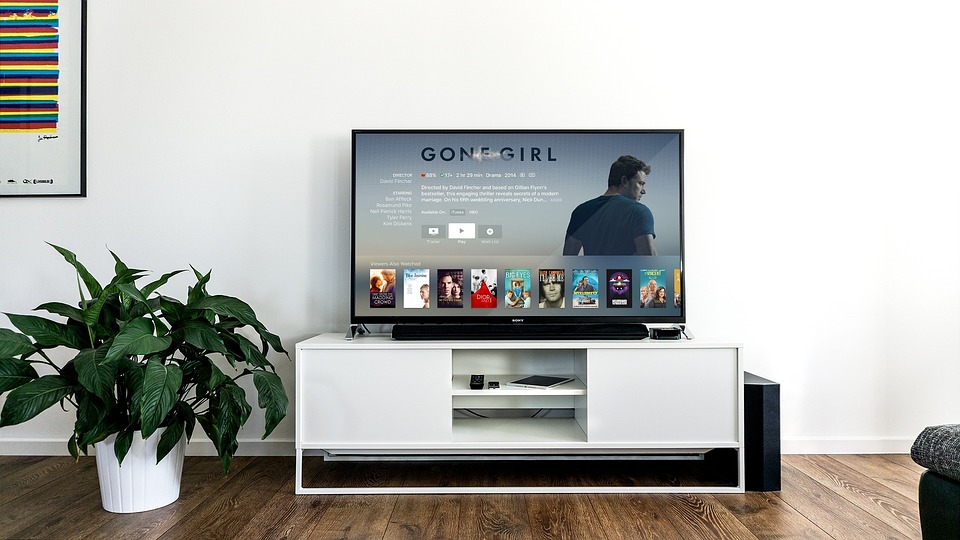The advent of social media has revolutionized numerous aspects of contemporary life, including the very fabric of celebrity culture. Historically, celebrities were often enigmas, their lives shrouded in mystery. Much of what the public knew about them was carefully curated by agents, publicists, and the press. Today, however, the accessibility and ubiquitous nature of platforms like Instagram, Twitter, TikTok, and YouTube have drastically altered the landscape, blurring the lines between the stars and the masses. This article delves into the multifaceted impact of social media on celebrity culture, examining its implications for fame, privacy, public relations, and societal influences.
Democratization of Fame
One of the most salient impacts of social media on celebrity culture is the democratization of fame. Traditional routes to stardom—through Hollywood, the music industry, or major sports leagues—were often gate-kept by a select few. Social media has dismantled these barriers, enabling individuals to attain celebrity status through platforms like TikTok or YouTube. Figures such as Addison Rae, Charli D’Amelio, and PewDiePie have achieved fame and fortune without the backing of a traditional media machine.
This shift has created a more inclusive and diverse array of public figures. Content creators from various backgrounds and regions can now share their voices, widening the representation in popular culture. Furthermore, this new wave of celebrities often directly engages with their followers, fostering a sense of community and relatability that was previously unattainable.
The Erosion of Privacy
While social media has democratized fame, it has also eroded privacy. Platforms that prioritize real-time engagement and personal sharing have necessitated public figures to continually disclose aspects of their personal lives to remain relevant. This constant need for content leads many celebrities to share moments that might have remained private in earlier eras.
Moreover, social media has given rise to invasive behaviors from followers and paparazzi alike. With geolocation tags and livestreams, celebrities can be instantaneously located, disrupting their personal lives. The constant scrutiny that social media engenders has occasionally led to mental health issues, spawning a generation of stars who grapple with anxiety, depression, and other psychological burdens.
Transformation of Public Relations and Brand Management
The rise of social media has also transformed public relations and brand management for celebrities. In the past, publicists acted as the intermediaries between the stars and their fans, meticulously controlling the flow of information. Today’s celebrities often manage their own social media accounts or have direct influence over the content posted. This change allows for more authentic and immediate interactions with their fan base, facilitating a more personal and less mediated relationship.
However, this shift has also led to higher stakes in public relations crises. A single tweet or Instagram post can provoke a backlash, create controversy, or lead to career-damaging consequences. Conversely, social media provides a platform for damage control; a well-crafted apology video or statement can mitigate controversy faster than traditional media ever could.
Monetization and Influence
Social media has introduced new revenue streams for celebrities. Sponsored posts, affiliate marketing, and exclusive content on platforms like Patreon have become lucrative ventures. Celebrities now have the capacity to reach their audiences directly, bypassing traditional advertising intermediaries.
This power extends beyond monetary gain. Celebrities wield substantial influence over public opinion and trends. The term “influencer” has emerged to describe individuals who leverage their social media following to impact consumer behavior. From beauty products and fashion lines to political stances and charitable causes, influencers can mobilize their followers in ways unimaginable a decade ago.
The Role of Fan Interaction
The reshaping of celebrity culture through social media is incomplete without considering fan interaction. The bridge between celebrities and their fans has significantly shortened, enabling more reciprocal relationships. Fans can directly comment, share, and engage, creating a feedback loop that influences the kind of content celebrities produce.
This dynamic has given rise to “stan culture,” where fans, often organized in online communities, exert considerable control over a celebrity’s public image. These groups can champion their idol’s projects, defend them against criticism, and even contribute to their decision-making processes. While this interaction fosters a profound sense of community, it also places added pressure on celebrities to maintain constant engagement.
Implications for Society and Culture
Social media’s influence on celebrity culture extends far beyond the entertainment industry; it reflects and shapes societal norms and values. Celebrities have become pivotal figures in cultural discourse, often spearheading social, political, and environmental movements. Stars such as Leonardo DiCaprio, Greta Thunberg, and Kim Kardashian use their platforms to advocate for climate action, social justice, and criminal justice reform respectively.
However, this omnipresence also raises concerns about authenticity and the depth of engagement. Critics argue that while celebrities may draw attention to critical issues, their involvement often skims the surface, providing a kind of “slacktivism” that prioritizes visibility over substantive change. The performative aspect of social media activism can occasionally detract from the gravity of the issues at hand.
The Future of Celebrity Culture
The future trajectory of celebrity culture in the age of social media is both promising and precarious. As technology evolves, the ways in which celebrities and fans interact will inevitably change. Augmented reality, virtual reality, and artificial intelligence promise to further deepen engagement, raising questions about the nature of fame and authenticity in a digitally mediated world.
Moreover, the saturation of social media has initiated a counter-movement toward authenticity. Audiences are becoming more discerning, craving genuine interactions over polished images. This shift may prompt celebrities to recalibrate their online personas, prioritizing sincerity over spectacle.
In conclusion, the impact of social media on celebrity culture is profound and multifaceted. It has democratized fame, eroded privacy, transformed public relations, introduced new revenue streams, reshaped fan interactions, and influenced societal values. As social media continues to evolve, so too will the culture of celebrity, reflecting broader changes in how we communicate, engage, and perceive the world.


